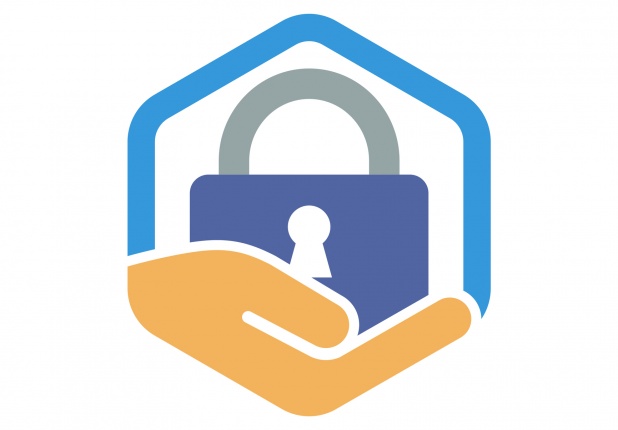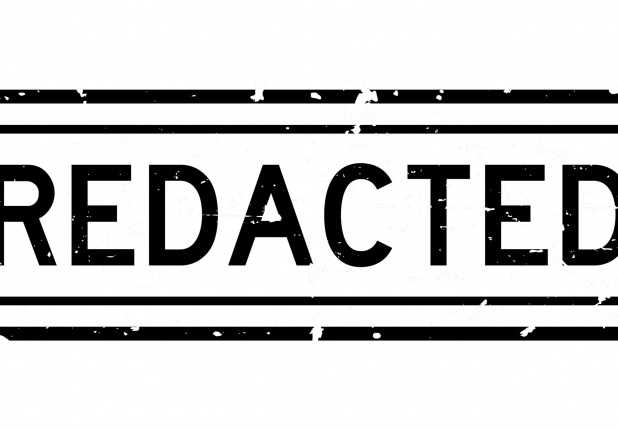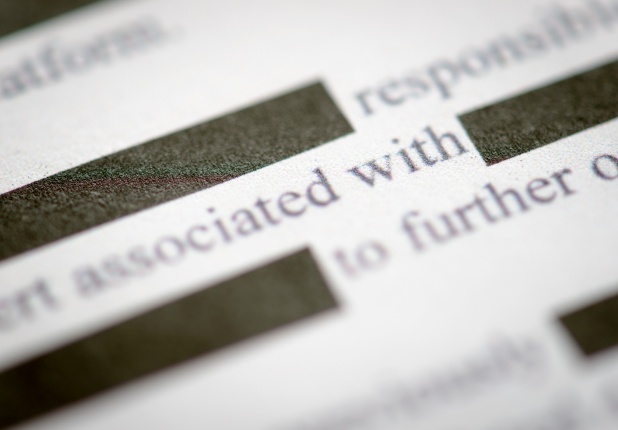COVID-19 and E-Discovery- How Things Are Changing
COVID-19 has changed the world we live in. People are working from home, students are attending classes online, and all group events are handled remotely. For those of us who work in the E-Discovery field things have changed also. While we are facing new challenges, we are also finding interesting new opportunities to conduct our work more efficiently, and everything we are learning will inform our work even after the pandemic is over.






